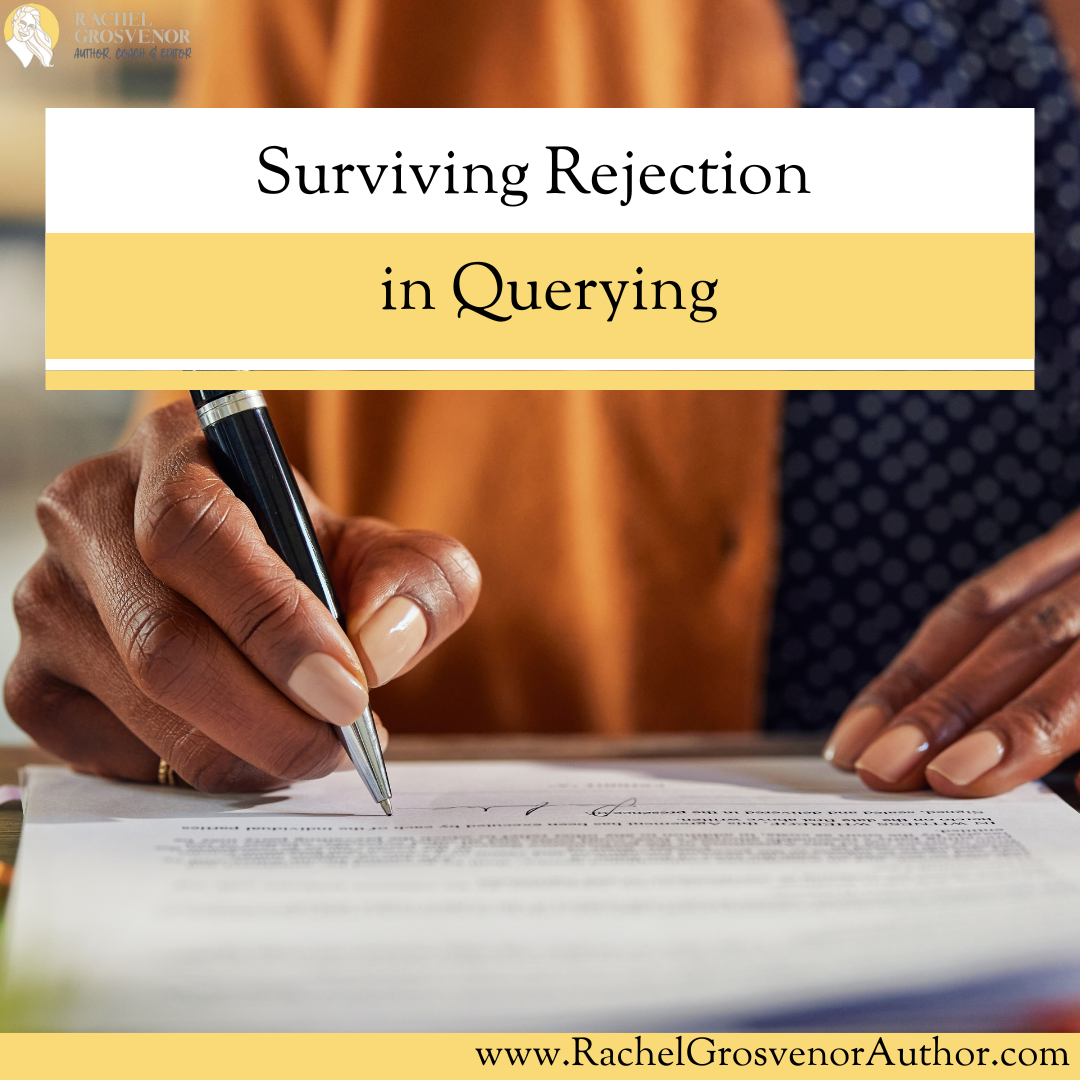‘Write what you know’ is one of those common phrases that gets thrown around Creative Writing classrooms, sometimes without too much explanation of what it actually means.
As a Creative Writing tutor and coach, I’ve always gone into detail with students and clients about what I mean when I say this – and now I’m going to explain it to you!
Some people get confused when faced with this phrase, as they think it limits them to writing about the ‘real world’ or their personal world and experiences only.
However, this is not the case. One can write about a world filled with dragons and monsters and still be writing what they know. I’m not saying that one actually thinks they are in a dragon-filled land (although really, who am I to comment), but rather that writing what you know is not to be taken in such a literal way.
So what does it mean then?
It means that you should draw on your experiences to add value, realism and emotion to your writing. When Tolkien wrote Lord of the Rings, he was not drawing on his experience of traversing mountainous lands with an elf beside him. He was drawing on his experience of:
- Friendship and relationships
- Storytelling
- Geography
- People
- History
- Religion
It was this knowledge that helped Tolkien write such an epic fantasy series.
Writing what you know, coupled with imagination, can equal a wonderful creation.
For example, you may be writing about a soldier leaving his family and joining the Second World War.
Now, chances are that you weren’t around during the Second World War, so how can you write what you know when it comes to this? Well, you may have experienced true heartbreak. You may have missed somebody dreadfully. You may know what it is like to do without or to focus on a smaller picture just so you can get through the day.
These are all elements of knowledge and experience that could add real depth to a character’s journey and story.
Writing what you know doesn’t mean you can only write about a thirty-year-old living in the UK. It means you should draw from your life experiences and the emotion that has ever driven you and pour it into your fictional work to create believable tales of depth and beauty.
I hope this blog post has helped you better understand what ‘write what you know’ means and show you how you can introduce it into your writing.
Do you have any creative writing advice you have heard that you would like me to investigate and break down? Let me know here.
Want to read something similar? Check out the following!











